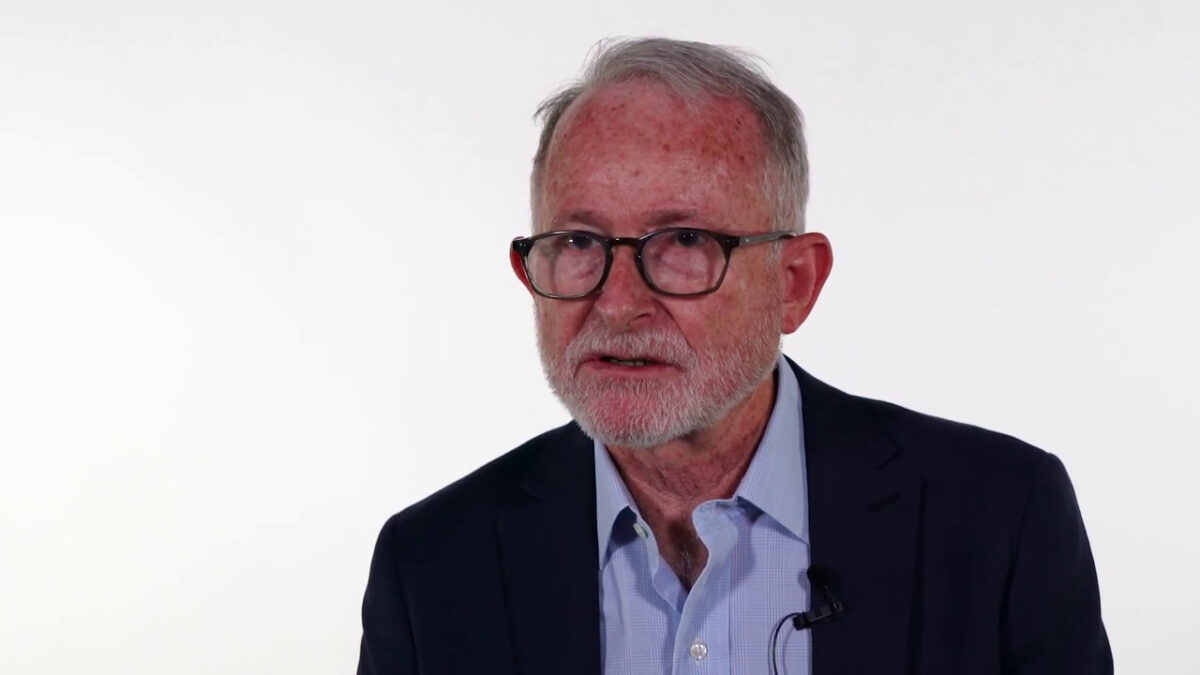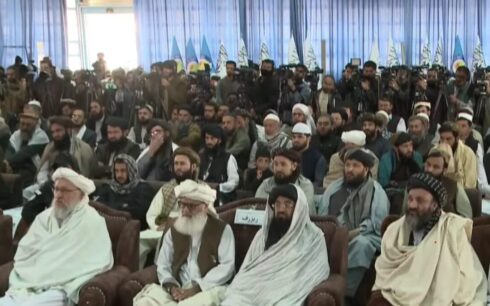Afghanistan is confronting a multifaceted array of human rights challenges, necessitating immediate redress, according to the United Nations’ special rapporteur for human rights in Afghanistan, Richard Bennett.
Bennett highlighted a grim outlook for the country’s human rights landscape, given the Taliban’s repressive policies and practices, a pervasive culture of impunity, an ongoing humanitarian and economic crisis, recent devastating earthquakes, and the looming prospect of massive involuntary returns. He said urgent action is imperative to mitigate further suffering and potential instability not only in Afghanistan but also in the surrounding region.
The Special Rapporteur’s report, presented to the General Assembly, underscored the severe impact of recent earthquakes on already vulnerable communities in Herat and called on the international community to offer essential assistance. Bennett argued that humanitarian and development efforts should not be viewed as separate, emphasizing the importance of adopting a survivor-centric approach guided by human rights principles.
“In detention centers, a culture of impunity persists for torture and inhumane treatment, as well as for human rights violations against former government officials and military personnel, despite earlier promises to the contrary,” Bennett asserted.
Furthermore, Bennett brought to the General Assembly’s attention the continued detention of Afghans who had exercised their rights to peaceful protest and freedom of expression, including human rights defenders.
The special rapporteur emphasized the imperative to restart the education of girls beyond the sixth grade and women’s tertiary education, challenging the Taliban’s assertion that the suspension is temporary. He suggested that the Taliban’s actions might amount to gender persecution and called for a deeper examination of the emerging concept of ‘gender apartheid,’ characterized by systematic discrimination, oppression, and segregation of women and girls.
Bennett also raised concerns about the quality of education, noting that the Taliban’s policy of narrowing the focus of education to a “madrassa-style” or religious education not only deprives children of a broader range of skills and knowledge but, when combined with unemployment and poverty, could contribute to the growth of radicalized ideologies, heightening the risk of homegrown terrorism and regional and global instability.
While acknowledging the recent release of journalists, including Mortaza Behboudi, Bennett cautioned that these arrests have already had a chilling effect, further constricting Afghanistan’s diminishing civic space.
“Numerous groups of Afghans have expressed their apprehension to me that the international community is moving towards the ‘normalization’ of the situation and sidelining their human rights concerns in favor of broader geopolitical interests,” Bennett stated. “It is my hope that Member States can prove them wrong by firmly advocating for human rights and supporting Afghan women and girls.”





